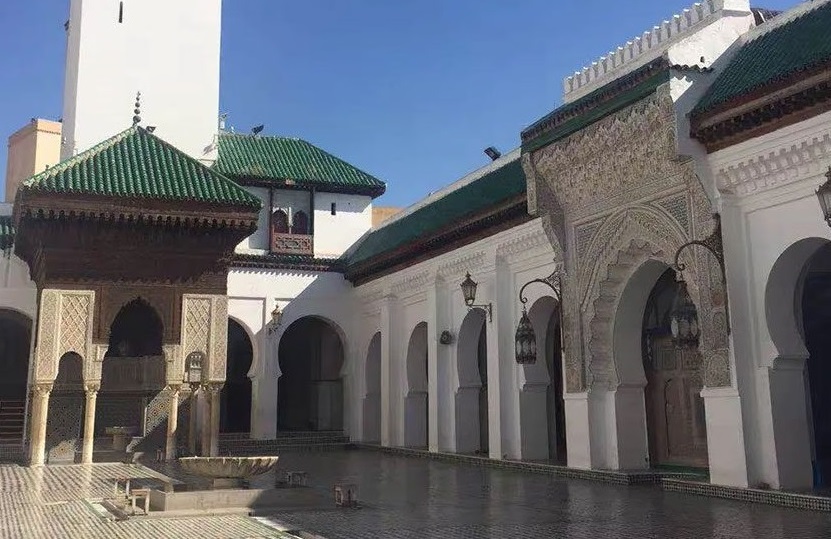
Waqf in Islam
Waqf is a concept of waqf in islam that involves the endowment of assets for the benefit of the community. The concept of Waqf was first encouraged by the Prophet Muhammad (PBUH) as evidenced by the example of Othman ibn Affan (RA) who bought the “Romah Well.” According to Sahih Al Bokhary, the Prophet (PBUH) asked who would buy the well and make it available to everyone, to which Othman (RA) responded by purchasing the well and ensuring its public availability. This highlights the importance of public services being available to all in Islam.
Another example of importance of waqf in islam can be found in the story of Umar (RA) who asked the Prophet (PBUH) what to do with a valuable piece of land he had acquired in Khaibar. The Prophet (PBUH) advised Umar to give the benefit of the land to charity while preserving it, so that it could not be bought, sold, given away, or inherited. Following this advice, Umar declared the land as a Waqf for the benefit of the community, thereby setting a precedent for the endowment of assets for the betterment of society. (Sahih Muslim)


waqf in islamic finance has been practiced in various forms around the world for hundreds of years, with notable examples in the Middle East and Europe. The idea of Waqf is to ensure that the benefits of one’s wealth continue to serve the community even after one’s lifetime. This concept continues to play a crucial role in many societies today and has proven to be an effective way of promoting social and economic development.

